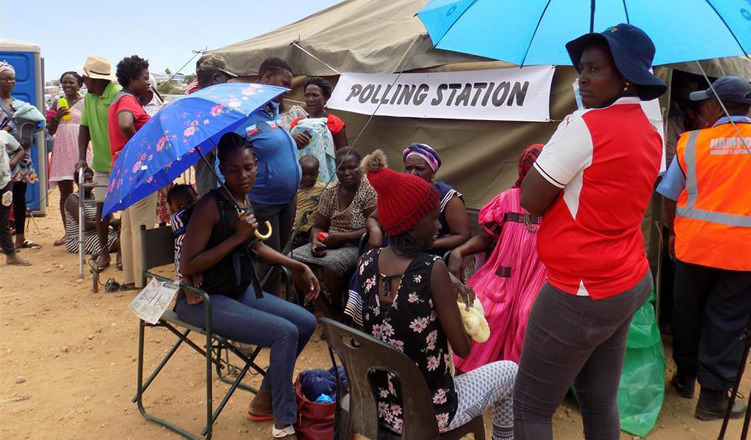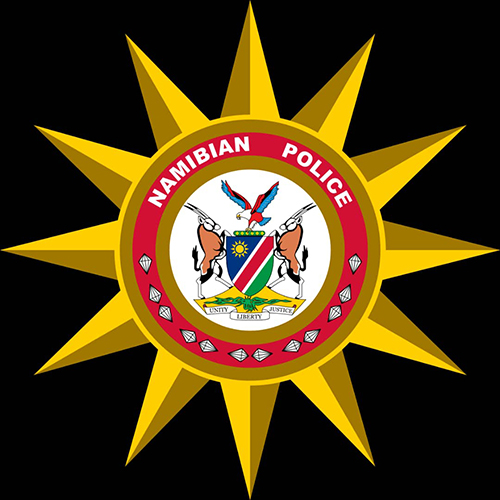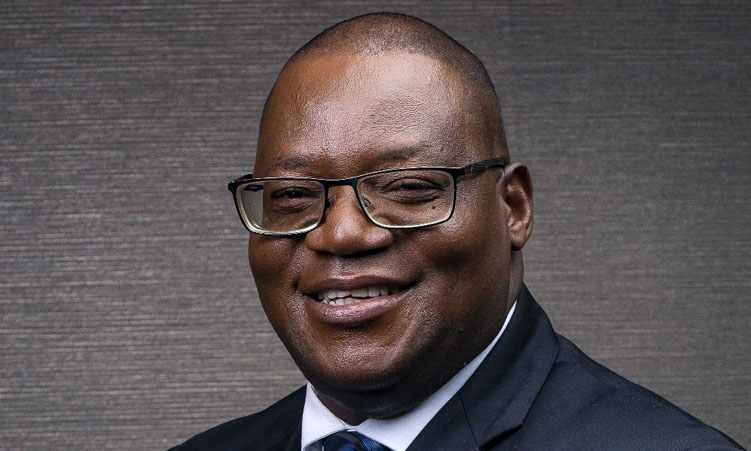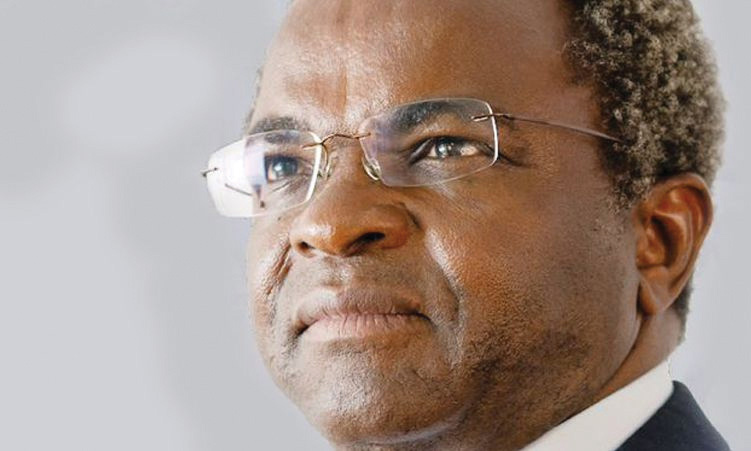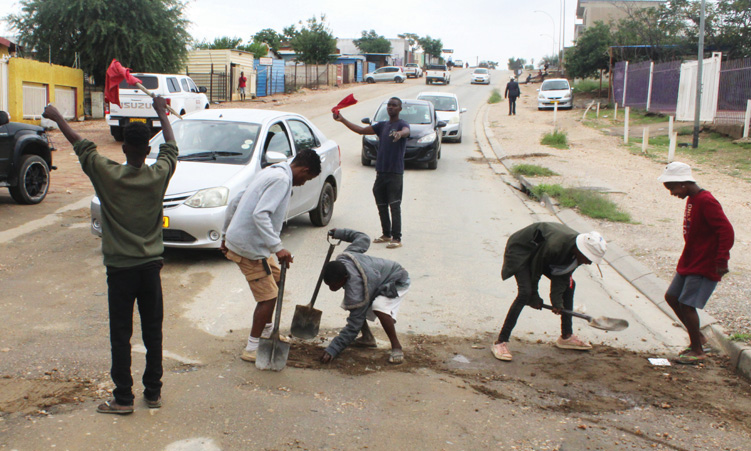. . . as political parties delay releasing manifestos
With about three months to go to the November presidential and National Assembly elections, not a single political party has announced its manifesto.
Some analysts are asking what the parties are selling the electorate, while others say parties are taking their supporters for granted.
Political analyst Henning Melber says parties are underestimating the need for transparency and accountability in convincing voters to vote for them.
“The demand from voters has been growing due to increased competition with the elections of 2019 and 2020.
“There are new kids on the block making inroads and the majority of the electorate are born frees, who do not have the same internalised loyalty to any party,” he says.
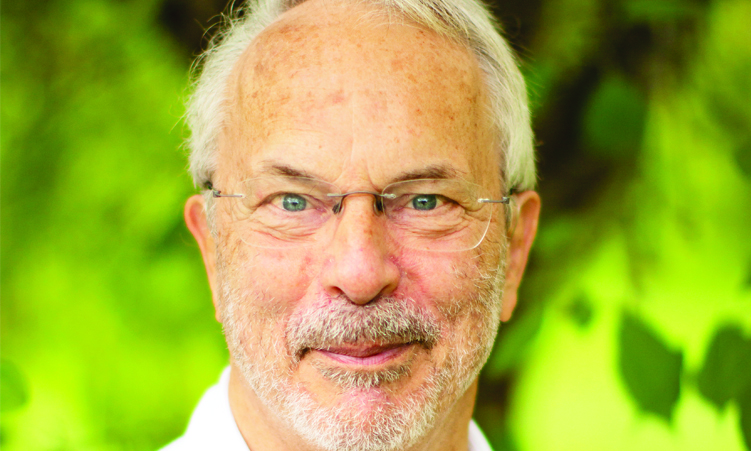
‘EVADING RESPONSIBILITY’
He says parties’ reluctance to reveal their manifestos could be seen as evading responsibility.
“It is one thing to make statements at rallies with lots of promises and another to put this on a lasting record by a published document accessible. Many of those campaigning are tempted to make all sorts of promises at such rallies, as we could witness lately,” he says.
Melber says the electorate is more aware of its role and its entitlement to political accountability now than before.
Political analyst Johan Coetzee says delaying the release of manifestos demonstrates a lack of political maturity.
“The significant financial resources at their disposal contrast with the delayed release of their manifestos, reflecting poorly on their commitment to transparent and timely electoral processes,” he says.
He says this highlights a disconnect between the political elite and the average Namibian citizen.
“This raises concerns about their preparedness and responsiveness to the needs of the electorate.”
Coetzee says the ruling party’s internal power struggles seem to be delaying its manifesto, reflecting disunity and distracting from crucial election preparations.
“This is the first time the ruling party has delayed releasing its manifesto, raising concerns, but also creating an opportunity for opposition parties,” he says.
“However, the opposition hasn’t capitalised on this gap, leaving the delays across the board open to interpretation as a sign of overall political disorganisation and missed opportunities.”
Voter turnout in the upcoming election is likely to be influenced more by economic conditions, unemployment, deteriorating health and social services and issues like tribalism and elitism, rather than the delayed release of manifestos, Coetzee says.

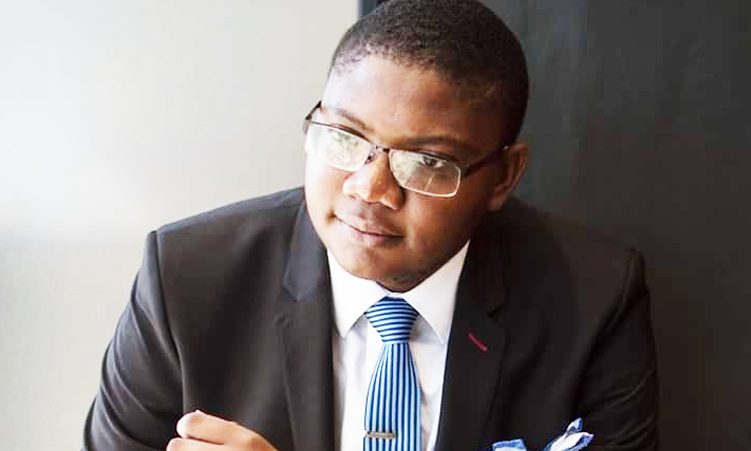
LEADERSHIP CHANGES
The United Democratic Front (UDF) says the delayed launch of manifesto is due to leadership changes – not a lack of preparedness.
Party spokesperson Mabasen Narib says the party needs time to put administrative processes and other important operational processes in place before working on a manifesto.
“The major delay for launching our manifesto is due to the fact that the new leadership took office during an election year. We needed the endorsement of the central committee to commence with the drafting of the new manifesto,” he says.
Narib says the party will launch its manifesto in October.
“We wish we could have done it earlier,” he says.
Landless People’s Movement (LPM) spokesperson Lifalaza Simataa says the party’s manifesto will be ready before the Electoral Commission of Namibia’s October deadline.
“We are happy to hear the anticipation and excitement over manifestos and the party will ensure that it is a concrete document in what it desires to achieve and how to go about it,” he says.
Simataa says the quickest party to release a manifesto is not necessarily the most prepared.
“We aren’t trying to sell dreams, but to have a document that is sound and consistent with our values,” he says.
He says the manifesto is created by the policy unit.
It is currently under review by the LPM’s top leadership and will be adopted by the relevant party bodies, he says.
“This not only ensures the quality of the document, but that democratic processes are followed within the party.”
Simataa says the party’s manifesto will be aligned with the previous document, its actions and decisions in the parliament and the politics it expresses in governance.
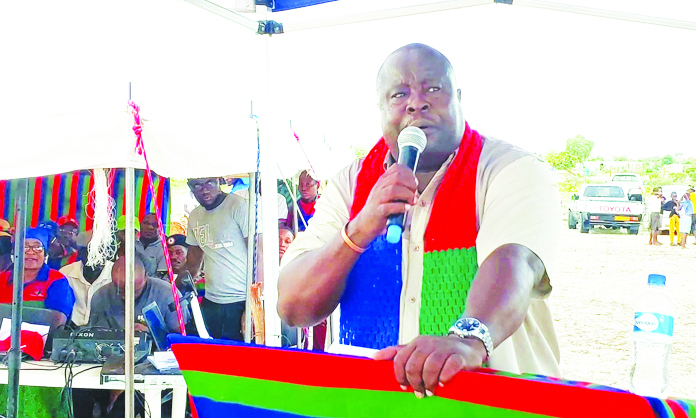
‘ELECTORAL COLLEGE FIRST’
Swapo deputy secretary general Uahekua Herunga says Swapo will release its manifesto after the electoral college.
“We can only launch the manifesto when we elect all the candidates. As we speak, the only candidate we have is the presidential candidate,” he says.
Herunga says his party campaigns by telling Namibians how they will benefit from natural resources.
“We will look at how we will create jobs and businesses for young people in different economic sectors,” he says.
In 2014, then president Hifikepunye Pohamba launched the party’s election manifesto at Sam Nujoma Stadium at Katutura in September.
This was almost a week after the party held its electoral college.
In 2019, Swapo released its manifesto in the first week of September.
Stay informed with The Namibian – your source for credible journalism. Get in-depth reporting and opinions for
only N$85 a month. Invest in journalism, invest in democracy –
Subscribe Now!




